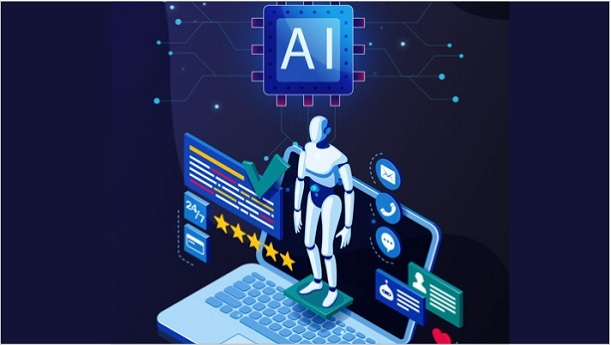
Most professional school programs are over focused on disseminating information and knowledge, but less focused on skills that would help graduates in their career. Hence, it is important for professional schools to revamp their curriculum design and delivery and make it focused on developing skills for the future.
Log In or become an AIMA member to read more articles
